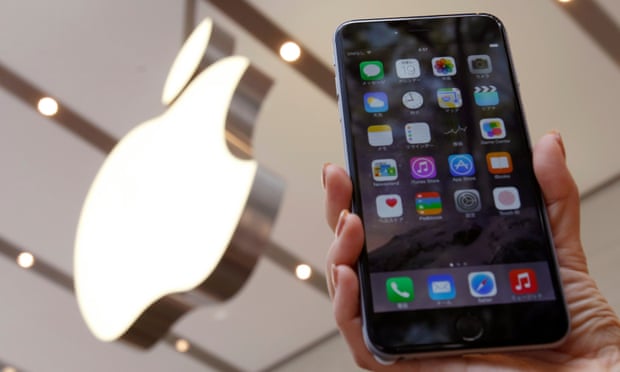Apple is currently resisting a court order filed by the Justice Department last Friday to assist the FBI in unlocking the iPhone of Syed Farook, one of the two gunmen involved in the San Bernardino shooting last December. The FBI is asking Apple to disable an iPhone security feature that erases an iPhone’s data once a password is entered incorrectly ten times. Once that function is disabled, the government can crack the password without the risk of data being deleted. Data encrypted on the device would most likely include evidence that could provide key clues as to why the shooters targeted certain victims, if the shooters were planning other attacks and if they received direction from overseas (Washington Post).
Justice Department lawyers question Apple’s steadfast refusal to cooperate, wondering whether the tech giant is prioritizing their “marketing strategy” over a terrorist investigation. ”Apple’s current refusal to comply with the Court’s Order…appears to be based on its concern for its business model and public brand marketing strategy,” Justice Department attorneys wrote in the court filing.
According to Apple’s CEO, Tim Cook, “The U.S. government has asked us for…something we consider too dangerous to create. They have asked us to build a backdoor to the iPhone” (Washington Post). Creating this “master key” to disable security on Farook’s phone would provide the FBI with important information related to the case; however, it could also jeopardize the security on every iPhone and risk the safety/privacy of citizens if the bypass is found in the wrong hands. Apple believes that the court order is a direct “overreach by the U.S. government” and that it would set a dangerous precedent for the future in which other software companies could be forced to hack into its customers’ devices (CNN).
A federal court hearing in Riverside, California has been scheduled for March 22ndto resolve the dispute. It is expected that many privacy advocates and civil liberties groups will file various amicus briefs (USA Today).
What do you think? Is Apple justified in their resistance to cooperate in creating a “backdoor”? Is the information found in this phone worth potentially jeopardizing the security/privacy of millions of iPhone users?



